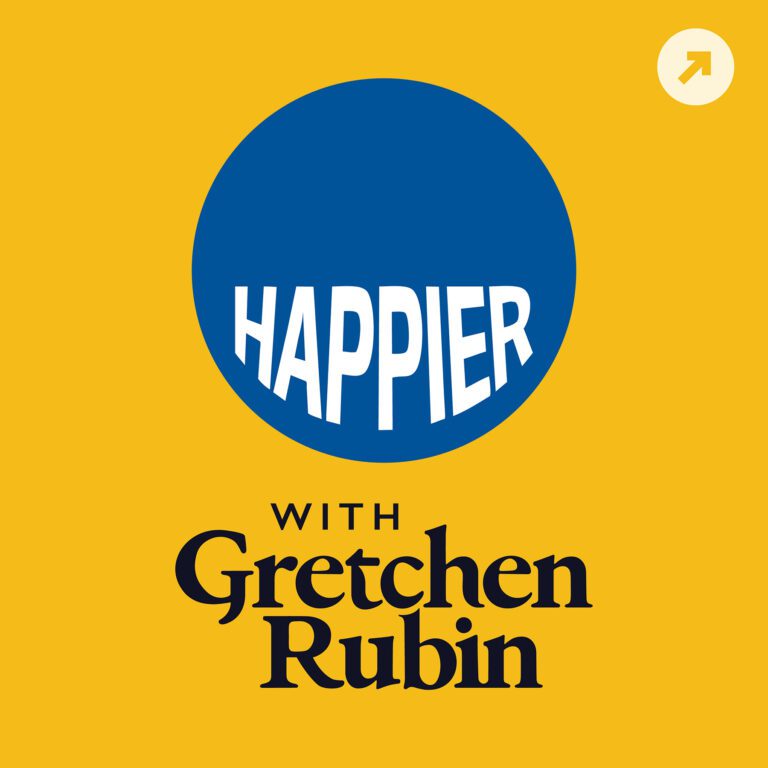
In my Four Tendencies personality framework, I argue that generally people fall into one of four types: Upholders, Questioners, Obligers, and Rebels.
In a nutshell, this framework distinguishes how people tend to respond to expectations: outer expectations (a work deadline, a “request” from a friend) and inner expectations (write a novel in your free time, keep a New Year’s resolution).
Your response to expectations may sound slightly obscure, but it turns out to be very, very important.
- Upholders respond readily to outer and inner expectations (I’m an Upholder, 100%)
- Questioners question all expectations; they’ll meet an expectation if they think it makes sense—essentially, they make all expectations into inner expectations
- Obligers meet outer expectations, but struggle to meet the inner expectations they impose on themselves
- Rebels resist all expectations, outer and inner alike
If you want to take a quiz to determine your Tendency, go to quiz.staging.gretchenrubin.com. More than 3.2 million people have taken the quiz!
Sometimes people say to me, “Which is the best Tendency? Which Tendency has the people who are the happiest, healthiest, most productive, most creative?”
But there is no one “best” Tendency. Each Tendency includes people who are wildly successful, and also big losers. The people who fare the best in each Tendency are those who figure out the weaknesses and limitations of their Tendency, and create systems that allow them to account for those challenges.
Often, we might not even understand the nature of a limitation or a weakness, unless we understand the Tendencies. Our own actions can be a mystery to us—and the Tendency framework can illuminate why we’ve done what we’ve done.
Here’s an example from my own life.
I’m an Upholder, which means I readily keep inner and outer expectations. For me, as a result, I value my good habits so much that I almost never take a break from them, even when I probably should. I dislike spontaneity. I can’t bear ambiguity. More significant, I can become so preoccupied with my plans and to-do lists that I’m blinded to larger values.
I remember one bitterly cold, snowy morning when I forced four-year-old Eliza and me to ride the city bus to her pre-school as usual, and she got so cold that she started crying, and we had to stop in a dry cleaner’s shop to warm up by their space heater. We were both shaken by the cold and the experience.
Looking back on this later, I was puzzled by my own actions. Why in the world had I taken my beloved little girl to wait on the icy streets—why hadn’t I decided that we could just stay home for one morning—she only went to school for three hours, at that point, and I worked from home—or at least take a taxi?
The truth is: It never occurred to me that we could deviate from our routine.
Now that I understand the Upholder Tendency, with its strengths and its weaknesses, I’m more alert for situations—and I must say, they come up all the time—when my desire to execute on a plan gets in the way of achieving my larger aims.
My determination to stick to our usual routine blinded me to something more important.
